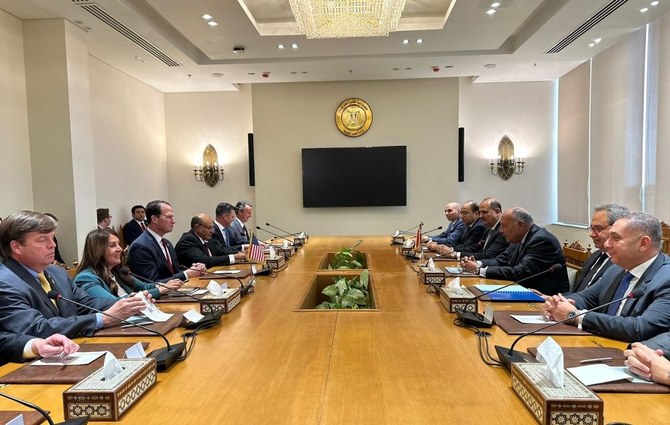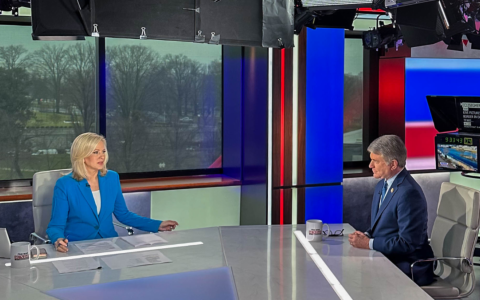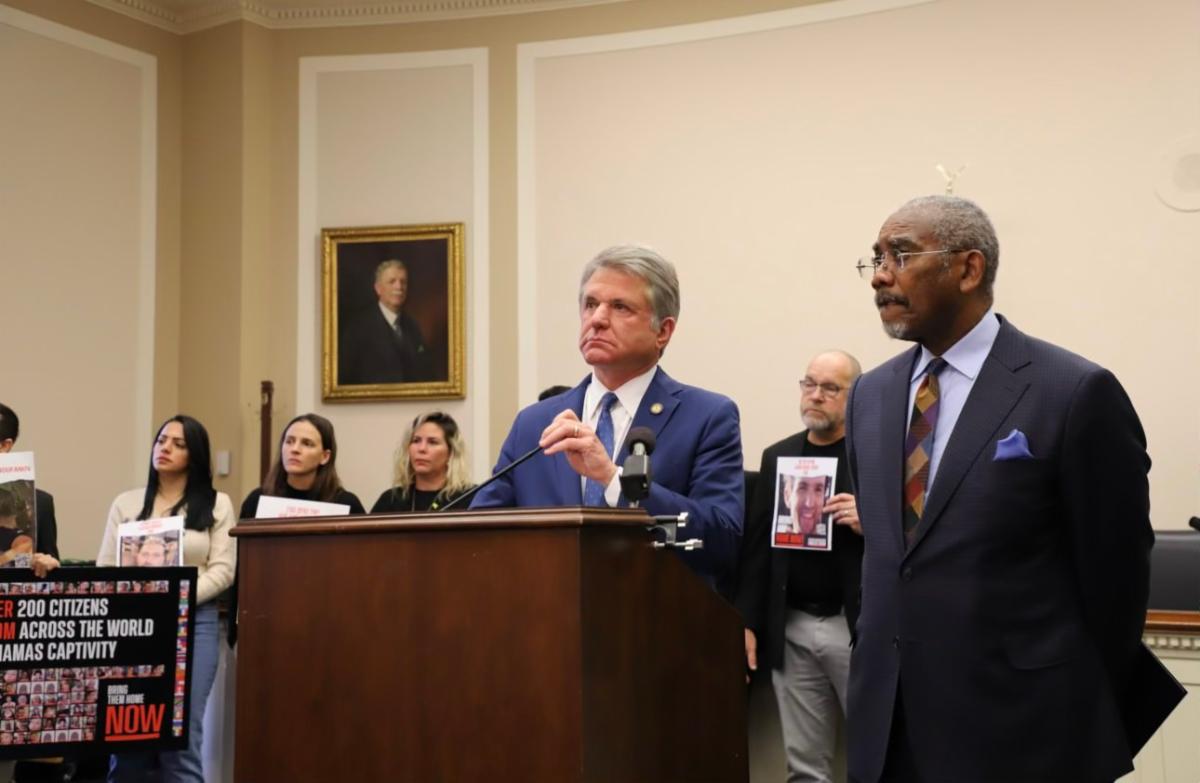Brussels, ISIS and Battling Terror in Pop Culture
 Tuesday’s ISIS attack in Brussels is a sad reminder that we’re fighting an enemy that resembles the Vietcong operating on a global scale more than any organized or guerrilla organization we’ve tackled before.
Tuesday’s ISIS attack in Brussels is a sad reminder that we’re fighting an enemy that resembles the Vietcong operating on a global scale more than any organized or guerrilla organization we’ve tackled before.
The past few years have shown us an Obama Doctrine that looks more in line with an academic discussion in the “Socratic Method” than the foreign policy that a world leader should be undertaking.
Last Week, Secretary John Kerry finally said what’s been on the hearts and minds of people everywhere -ISIS’s systematic slaughter of Syrians, Yazidis, and Muslims has been labelled Genocide.
The slowness of this response coupled with the Obama Doctrine’s “wait and boom” attitude (action is typically withheld for months for evaluation allowing ISIS, Al Qaeda and Boko Haram to extend their reach – to try and balance this, the Obama administration has leveraged increased drone strikes that typically kill more Muslim civilians than terrorist actors, further exacerbating tense global situations).
Following the Genocide announcement, Kerry met with Hollywood producers to start working on the development of a media strategy that could combat ISIS. As I’ve mentioned in past articles the challenge here is not developing large scale video content but fighting a digital media hydra.
ISIS has spent the last four years developing one of the most comprehensive and organized online media and publication organizations. It’s not Hollywood – it’s social and it operates more like like a large media agency like Publicis than a film organization.
Further, Hollywood – who is facing diversity issues with the Oscars and recently was widely criticized for their failure to cast a single Arab or African-American in Gods of Egypt (That means they couldn’t even dig up Alexander Siddig from Star Trek and Game of Thrones to play Set).
Variety reported that one attendee who was there said that the executives also exchanged ideas and observations about studio worldwide marketing of movies and TV shows, a way of showing how narrative storytelling can cross cultures. The attendee described part of the gathering as a “brainstorming session,” including how to involve storytellers in regions afflicted or threatened by ISIS, as a way to counter the narratives promulgated by the terrorist organization. “Let’s figure out how to involve people who are there,” the attendee said.
Here’s the issue with that – if we get all the head honchos together from every film media company and the major outcome is “Let’s figure out how to involve people who are there” – we’re dealing with another tone deaf approach that’s bound to fail.
ISIS poses a clear and present danger to society in both the East and West. If we’re going to stop them, we need media and engagement that appeals to the people they’re trying hardest to recruit – Global Millennials.
Millennials consume their content on a variety of web media platforms including YouTube and Twitch and Snapchat and Netflix’s forays into longer form content are shifting the way Millennials and everyone else views their content.
2016 needs 2016 strategies, not a dusting off of what worked in the 1960s with a bit of window dressing. If we’re going to win, Digital Marketers and Social Media personalities should be engaged to lead the charge – because it’s not just reminding people that ISIS is dangerous that will win the war, it’s making ISIS unpopular online that will stop them.








